Detecting Radio Frequencies: A Comprehensive Guide
Understanding how to detect radio frequencies (RF) is crucial in today's tech-savvy world. RF detectors play a pivotal role in uncovering hidden devices such as cameras, GPS trackers, and other electronic equipment that could compromise privacy or security. Whether you're concerned about surveillance in your home, office, or vehicle, having the right tools and knowledge is essential.
Choosing the Right Detector
When considering an RF detector, it's important to understand the range of features available. Modern detectors come in various sizes, from small handheld devices to larger, more comprehensive systems. The choice depends largely on your specific needs and the environment you intend to monitor. For discreet surveillance checks, a small, portable RF detector may be sufficient, offering convenience without sacrificing performance.
Applications in Everyday Life
RF detectors have numerous practical applications. They are invaluable for security professionals, law enforcement agencies, and individuals who prioritize privacy. For instance, drivers concerned about unauthorized GPS tracking in their vehicles can use an RF detector to locate hidden tracking devices. Similarly, individuals who suspect hidden cameras in their hotel rooms or private spaces can conduct thorough sweeps using these devices.

Vehicle Tracking Devices
series-1000-Bug Finder
WIFI Hidden Camera Water Bottle
series-2000-
Online Voice Recorder
series-3000-Audio Enhancement
Bug Detector Scanner
series-4000-
Anti kidnapping Device
series-1000-
Oil Diffuser With Hidden Camera
series-2000-Spy Audio Bugs
Tiny Recorders
series-3000-
Phone Singnal Blacker
series-4000-
GPS Tracker for Fleet
series-1000-
Spy Camera Store
series-2000-WiFi Hidden Cameras
Tiny Recorder FL
series-3000-Spying Bugs
Professional Bug Detectors
series-4000-Bug Discoverer
Gps Tracking Watch For Elderly
series-1000-4K Hidden DVR Cameras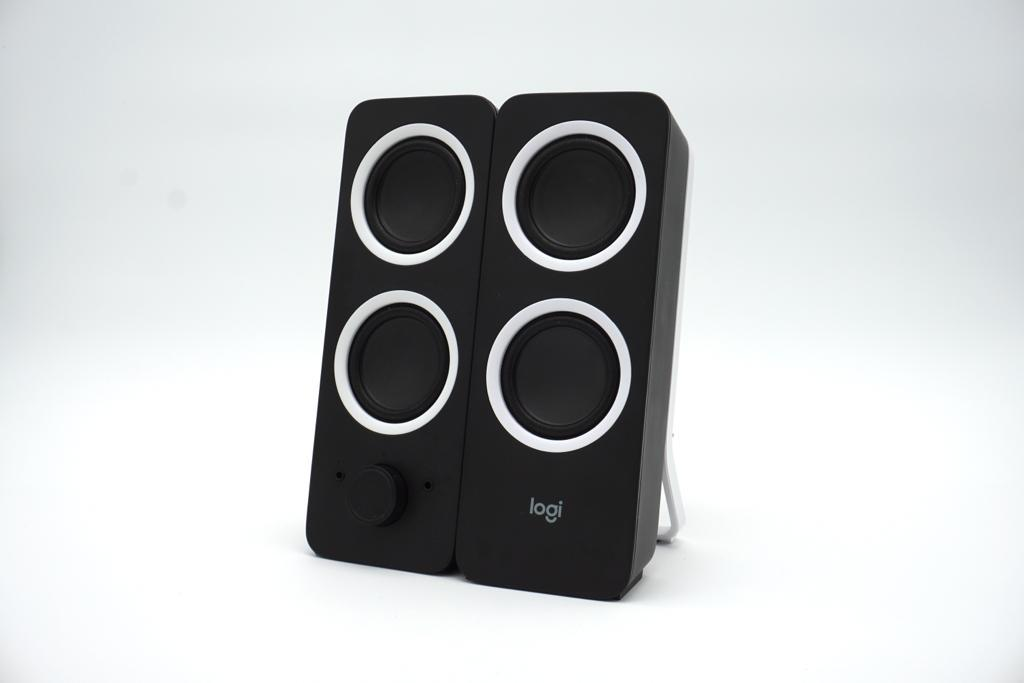
Hidden Camera Button
series-2000-Personal Protection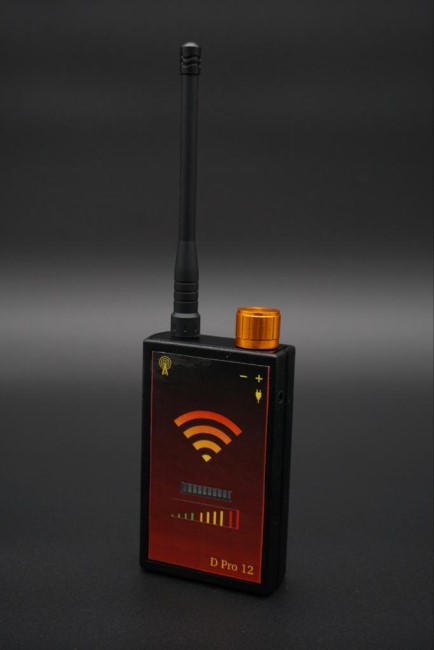
Hidden Dual Wireless Earpiece
series-3000-GPS Tracking Devices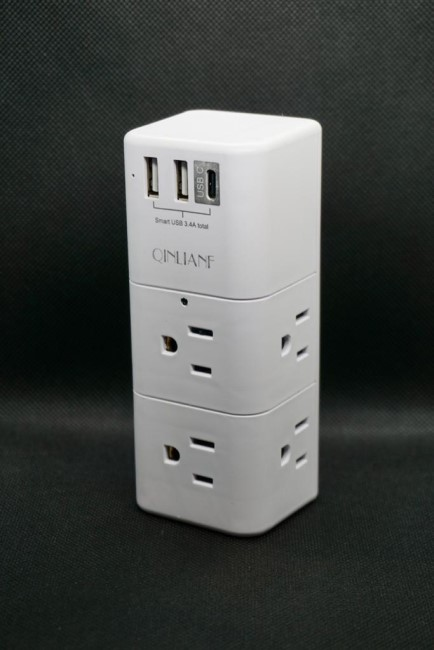
Counter Surveillance
series-4000-Hidden Cameras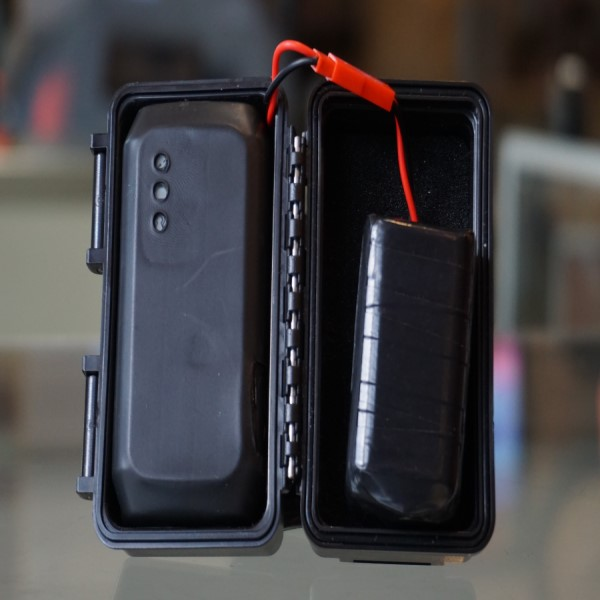
Best GPS Tracker for Cars
series-1000-Spy Cameras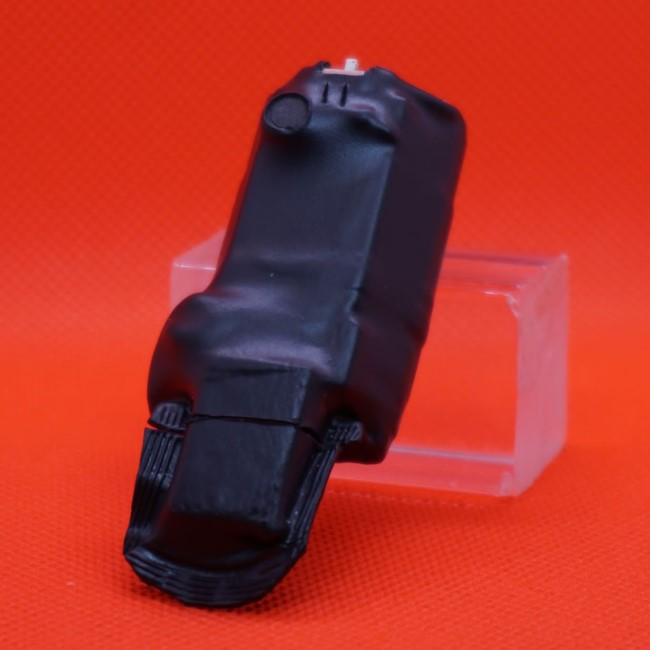
Hidden WIFI Keyboard Camera
series-2000-Invisible camera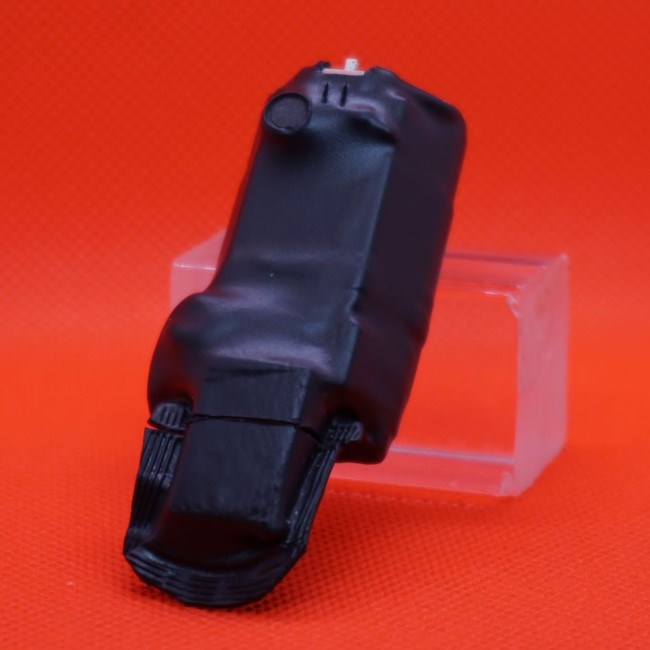
Audio Recorder
series-3000-Sound Recorder
Bug Detector Scanner
series-4000-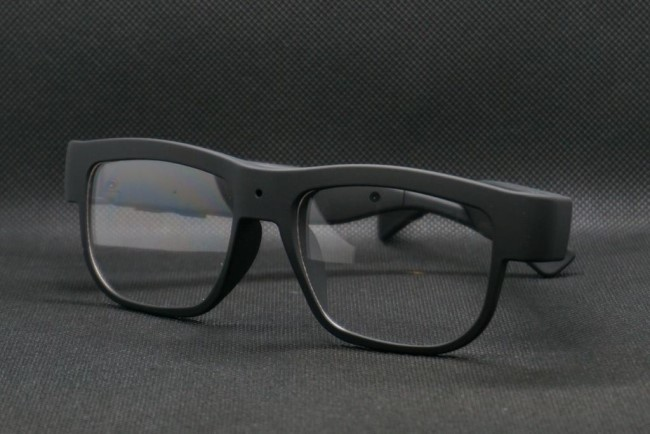
Fleet GPS Tracking
series-1000-New Spy Gadgets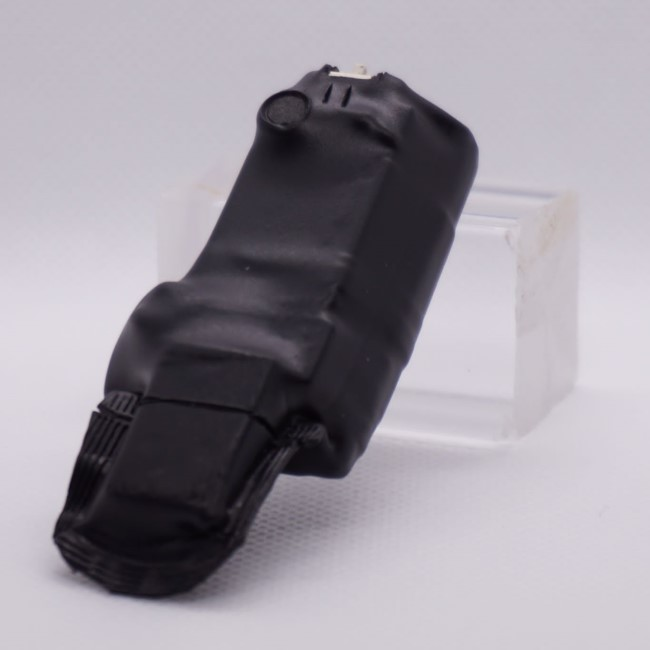
Hidden Camera in Mailbox
series-2000-DVR Recorders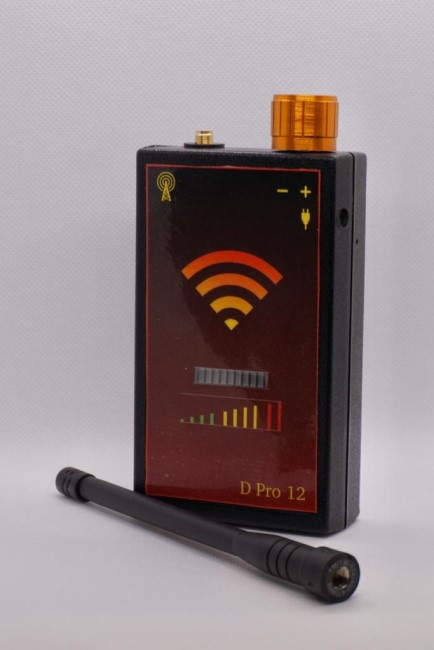
Digital Voice Recorders
series-3000-Voice Recorder Pens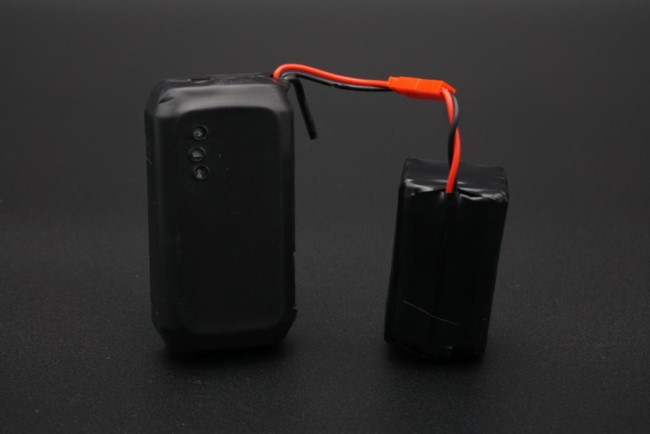
Bug Sweepers
series-4000-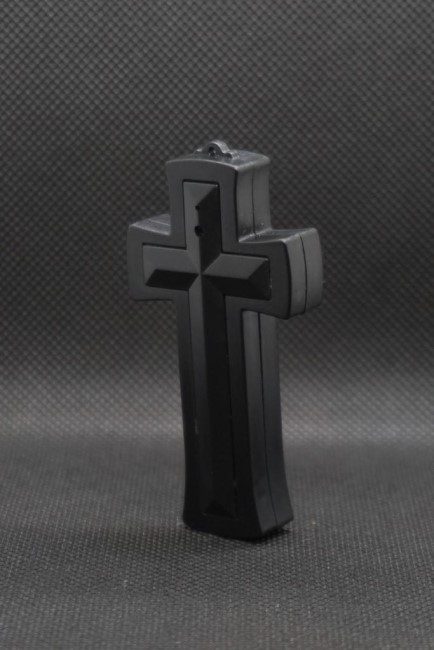
GPS Tracking
series-1000-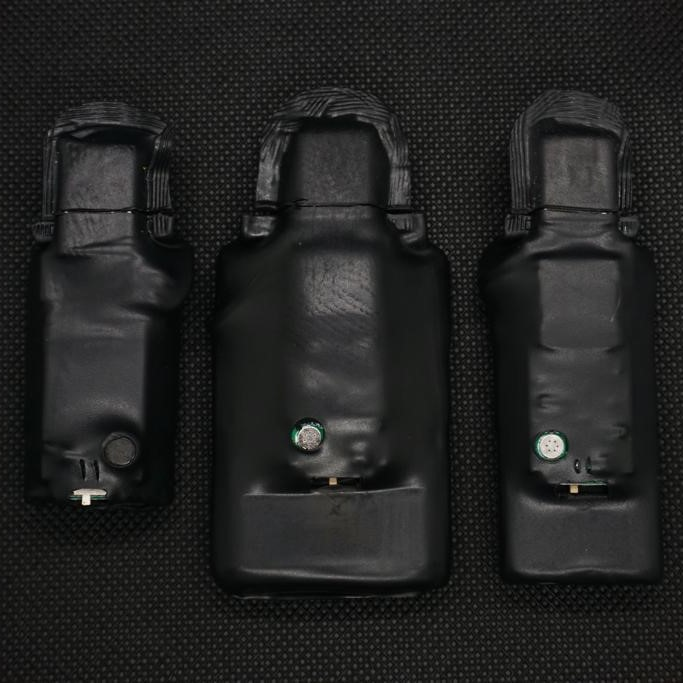
Copier Hidden Camera
series-2000-Voice Activated Recorders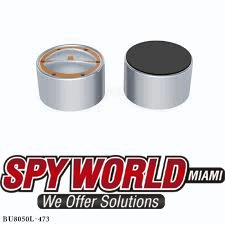
Audio Digital Recorder
series-3000-Features to Look For
When shopping for an RF detector, consider the features that best suit your requirements. Look for models that can detect a wide range of frequencies, including those used by mobile phones, GPS systems, and wireless cameras. Advanced detectors may offer additional functionalities such as signal strength indicators, allowing users to pinpoint the exact location of hidden devices with greater accuracy.
Buying Guide
Buying an RF detector requires careful consideration. It's advisable to purchase from reputable stores or online platforms that specialize in surveillance equipment. Ensure that the detector you choose meets your specific needs and budget. Reading customer reviews and consulting with experts can also provide valuable insights into the effectiveness and reliability of different models.
Advantages of Using an RF Detector
The primary advantage of using an RF detector lies in its ability to detect otherwise hidden electronic devices. Whether you're concerned about corporate espionage, personal privacy, or protecting sensitive information, these devices offer peace of mind by allowing you to identify and neutralize potential threats promptly. Additionally, RF detectors are user-friendly, making them accessible to individuals without specialized technical knowledge.

Vehicle Tracking Devices
series-1000-Bug Finder
WIFI Hidden Camera Water Bottle
series-2000-
Online Voice Recorder
series-3000-Audio Enhancement
Bug Detector Scanner
series-4000-
Anti kidnapping Device
series-1000-
Oil Diffuser With Hidden Camera
series-2000-Spy Audio Bugs
Tiny Recorders
series-3000-
Phone Singnal Blacker
series-4000-
GPS Tracker for Fleet
series-1000-
Spy Camera Store
series-2000-WiFi Hidden Cameras
Tiny Recorder FL
series-3000-Spying Bugs
Professional Bug Detectors
series-4000-Bug Discoverer
Gps Tracking Watch For Elderly
series-1000-4K Hidden DVR Cameras
Hidden Camera Button
series-2000-Personal Protection
Hidden Dual Wireless Earpiece
series-3000-GPS Tracking Devices
Counter Surveillance
series-4000-Hidden Cameras
Best GPS Tracker for Cars
series-1000-Spy Cameras
Hidden WIFI Keyboard Camera
series-2000-Invisible camera
Audio Recorder
series-3000-Sound Recorder
Bug Detector Scanner
series-4000-
Fleet GPS Tracking
series-1000-New Spy Gadgets
Hidden Camera in Mailbox
series-2000-DVR Recorders
Digital Voice Recorders
series-3000-Voice Recorder Pens
Bug Sweepers
series-4000-
GPS Tracking
series-1000-
Copier Hidden Camera
series-2000-Voice Activated Recorders
Audio Digital Recorder
series-3000-Integration with Security Systems
For enhanced security, consider integrating an RF detector into your existing security system. This integration allows for continuous monitoring and immediate alerts in case of unauthorized RF transmissions. This proactive approach can significantly enhance the overall security posture of homes, offices, and other private spaces.
The Role of RF Detectors in Personal Privacy
In an age where digital privacy concerns are paramount, RF detectors serve as invaluable tools for safeguarding personal information. By detecting hidden cameras, GPS trackers, and other covert surveillance devices, individuals can take proactive measures to protect their privacy and prevent unauthorized monitoring. Whether you're traveling, conducting business meetings, or simply relaxing at home, the assurance of privacy provided by an RF detector is invaluable.
Choosing the Right Equipment
Selecting the right RF detector involves considering several factors, including frequency range, sensitivity, and ease of use. For example, detectors optimized for detecting mobile phone signals may differ from those designed to locate GPS trackers. Understanding these distinctions allows users to make informed decisions based on their specific security needs.

Vehicle Tracking Devices
series-1000-Bug Finder
WIFI Hidden Camera Water Bottle
series-2000-
Online Voice Recorder
series-3000-Audio Enhancement
Bug Detector Scanner
series-4000-
Anti kidnapping Device
series-1000-
Oil Diffuser With Hidden Camera
series-2000-Spy Audio Bugs
Tiny Recorders
series-3000-
Phone Singnal Blacker
series-4000-
GPS Tracker for Fleet
series-1000-
Spy Camera Store
series-2000-WiFi Hidden Cameras
Tiny Recorder FL
series-3000-Spying Bugs
Professional Bug Detectors
series-4000-Bug Discoverer
Gps Tracking Watch For Elderly
series-1000-4K Hidden DVR Cameras
Hidden Camera Button
series-2000-Personal Protection
Hidden Dual Wireless Earpiece
series-3000-GPS Tracking Devices
Counter Surveillance
series-4000-Hidden Cameras
Best GPS Tracker for Cars
series-1000-Spy Cameras
Hidden WIFI Keyboard Camera
series-2000-Invisible camera
Audio Recorder
series-3000-Sound Recorder
Bug Detector Scanner
series-4000-
Fleet GPS Tracking
series-1000-New Spy Gadgets
Hidden Camera in Mailbox
series-2000-DVR Recorders
Digital Voice Recorders
series-3000-Voice Recorder Pens
Bug Sweepers
series-4000-
GPS Tracking
series-1000-
Copier Hidden Camera
series-2000-Voice Activated Recorders
Audio Digital Recorder
series-3000-Detecting Hidden Cameras and GPS Trackers
Hidden cameras and GPS trackers pose significant privacy risks in various settings. RF detectors equipped with specialized features can effectively identify these devices, even when they are concealed within everyday objects such as furniture, walls, or electronic devices. Regular sweeps with an RF detector can help mitigate these risks by ensuring that your personal or professional spaces remain free from unauthorized surveillance.
In conclusion, understanding how to detect radio frequencies is essential for protecting privacy and security in an increasingly interconnected world. RF detectors offer a practical solution for identifying hidden cameras, GPS trackers, and other electronic devices that may compromise personal or organizational security. By investing in the right equipment and staying informed about emerging threats, individuals can take proactive steps to safeguard their privacy and maintain control over their personal information. Whether for personal use or professional security measures, RF detectors play a vital role in ensuring peace of mind and privacy protection.



